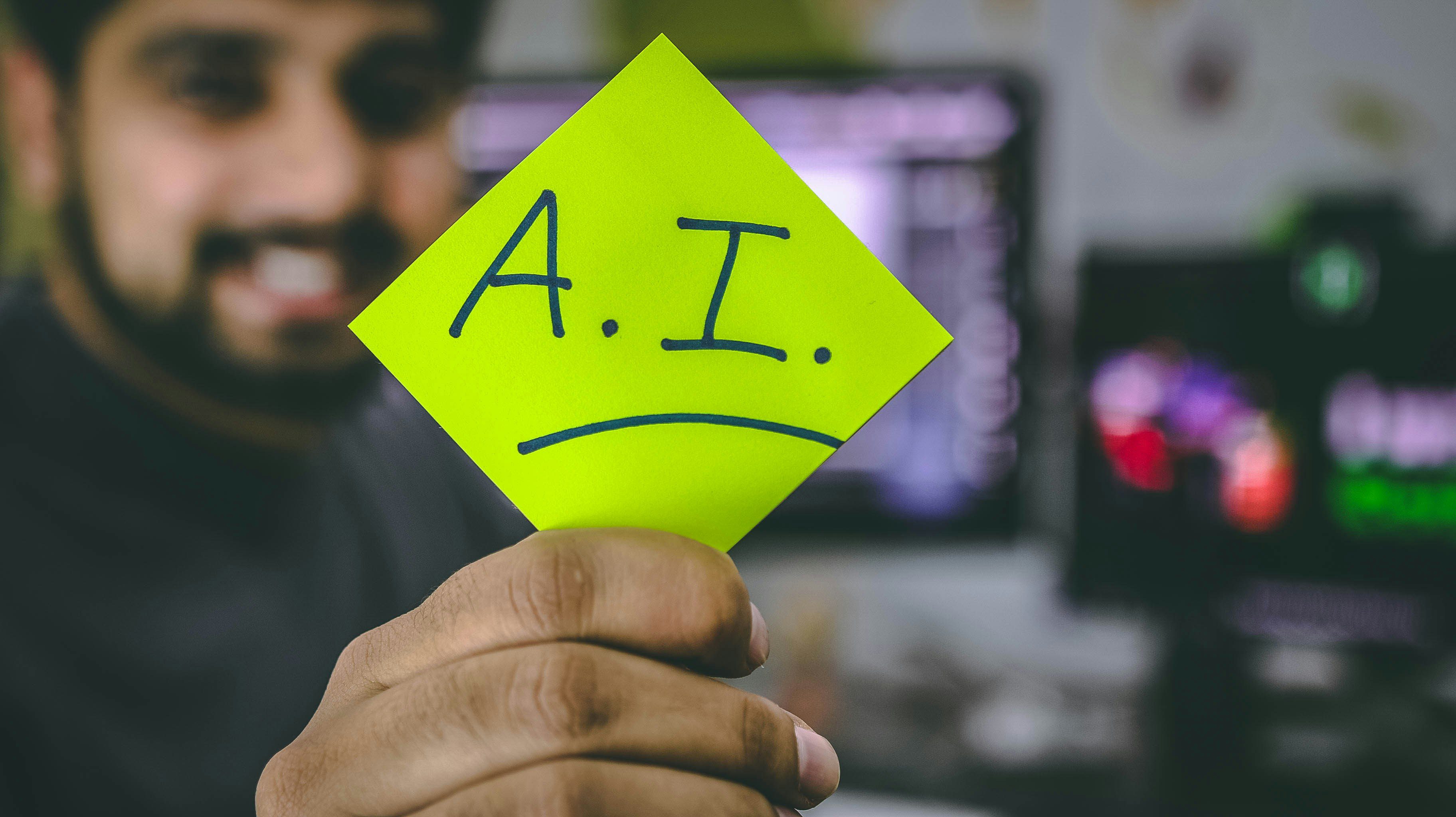Tech behemoths are not only flexing their financial muscles but also exhibiting a palpable fear of missing out as they race to seize stakes in the generative AI landscape.
In a regulatory environment that has dampened traditional acquisition strategies, companies like Amazon, Microsoft, and Alphabet are funneling billions into startups at a dizzying pace.
The latest headline-grabbing move came from Amazon, which announced a staggering $2.75 billion investment in Anthropic, an AI startup specialising in generative models.
This investment marks Amazon’s largest venture deal to date and underscores the escalating fervor in the AI gold rush.
At the heart of this frenzy lies a competitive scramble among tech giants to integrate generative AI into their product ecosystems.
With the market projected to exceed $1 billion in revenue within a decade, companies like Meta, Apple, and Google are sparing no expense to ensure they remain at the vanguard of innovation.
Generative AI deals
In 2023 alone, investors injected a staggering $29.1 billion into nearly 700 generative AI deals, representing a remarkable 260% increase in value from the previous year, according to PitchBook data.
Notably, a substantial portion of these funds emanated from tech titans themselves, highlighting their fervent quest to stay ahead in the AI arms race.
Fred Havemeyer, head of U.S. AI and software research at Macquarie, underscores the role of FOMO in driving these investment decisions. “They definitely don’t want to miss out on being part of the AI ecosystem,” says Havemeyer. “I definitely think that there’s FOMO in this marketplace.”
Specialised chips
Fueling this investment spree is the exorbitant cost of developing and training AI models, a process that demands thousands of specialised chips, predominantly sourced from Nvidia. Meta, for instance, has disclosed pouring billions into Nvidia’s graphics processing units to bolster its proprietary AI model, Llama.
The investment landscape also reveals a symbiotic relationship between tech giants and AI startups. Companies like Nvidia, Microsoft, Google, and Amazon are not only investing financially but also extending infrastructural support, offering cloud credits, and facilitating partnerships to bolster the AI ecosystem.
In the case of Amazon’s alliance with Anthropic, the collaboration extends beyond mere investment. Anthropic will leverage Amazon Web Services for its computing needs and utilise Amazon’s chips, while Amazon gains access to Anthropic’s cutting-edge AI models, which will be distributed to AWS customers.



 News3 days ago
News3 days ago


 News5 days ago
News5 days ago


 Leaders3 days ago
Leaders3 days ago


 News3 days ago
News3 days ago


 Shows3 days ago
Shows3 days ago


 Docos5 days ago
Docos5 days ago


 Leaders4 days ago
Leaders4 days ago


 Leaders4 days ago
Leaders4 days ago





